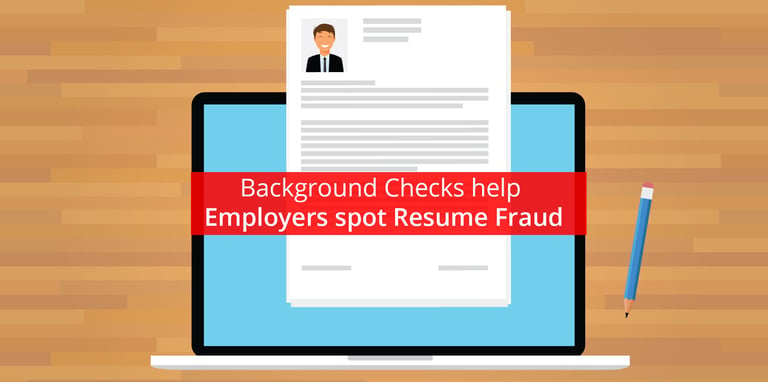
Hiring managers must sort through hundreds of resumes to find the perfect employee for their organizations. Those seeking employment will do what they can to stand out among the slew of resumes in the hands of a hiring manager. Because of this, and because more people are changing jobs than ever, fraud, over-exaggerations and lies on resumes are on the rise.
Background checks can ensure your applicant is telling the truth.
How the Economy Changes Hiring
The words "gig economy" are part of the vernacular in recent years due to the decline or mergers of enterprise companies and the rise of small businesses. The Bureau of Labor Statistics reported that unemployment was down in 2015, however, many of those employed had hours cut or were working part time because they couldn't find a full time job. Large enterprise companies are being bought, sold or merged with other companies, cutting their workforce. Many former full time employees are seeking extra funds through the sharing economy (AirBnB, Uber, etc) or through other part time employment. Startup companies or small businesses are growing and looking to hire quickly. With these changes in the economy, the workforce is changing - from older employees to millennials working one or more jobs and with more frequent job changes.
Why and How are Resumes Fraudulent?
With economy changes and new businesses come new and different types of work. Employers are posting for job descriptions and job titles that may encourage job seekers, old and new alike, to fudge on their experience to meet the requirements.
A 2015 Career-Builder survey also found that 70% of hiring managers spend less than 5 minutes reviewing a resume and 48% spend less than two. A resume must stand out in the crowd to grab more of the employer's attention. Maybe this is why an applicant would claim to have worked in a jail when they were really serving time.
Other examples of resume untruths include:
- Lying about academic credentials including degrees or non-existent colleges
- Claiming job titles they didn't have
- Listing skill sets or responsibilities they didn't have
- Misrepresenting the dates employed at a former employer
- Claiming awards and accolades they didn't earn
How Background Screening Exposes Fraud
While it seems obvious that a background check would reveal untrue statements on a resume, many employers still don't pursue screening their employees. Applicants are willing to take the risk on their resumes since employee screening is not a required practice.

Some employers choose to do light screening in-house, via various internet data searches, however, internet databases are not always reliable, accurate or current. Many hiring managers choose to opt of of screening due to time constraints or budget. While lying about attending a university seems minute, eventually fraudulent resume claims are exposed and may lead to employee dismissal. Thus the hiring process begins again. The time and budget concerns are delayed when choosing not to screen an employee but they still exist. And if the employee causes other security concerns, a negligent hiring claim will definitely overrun your budget.
To expose fraud, hiring professionals need a thorough, efficient and effective hiring program and one that includes a staff certified in hiring regulations and with decades of experience. How can you afford that? Click here.
